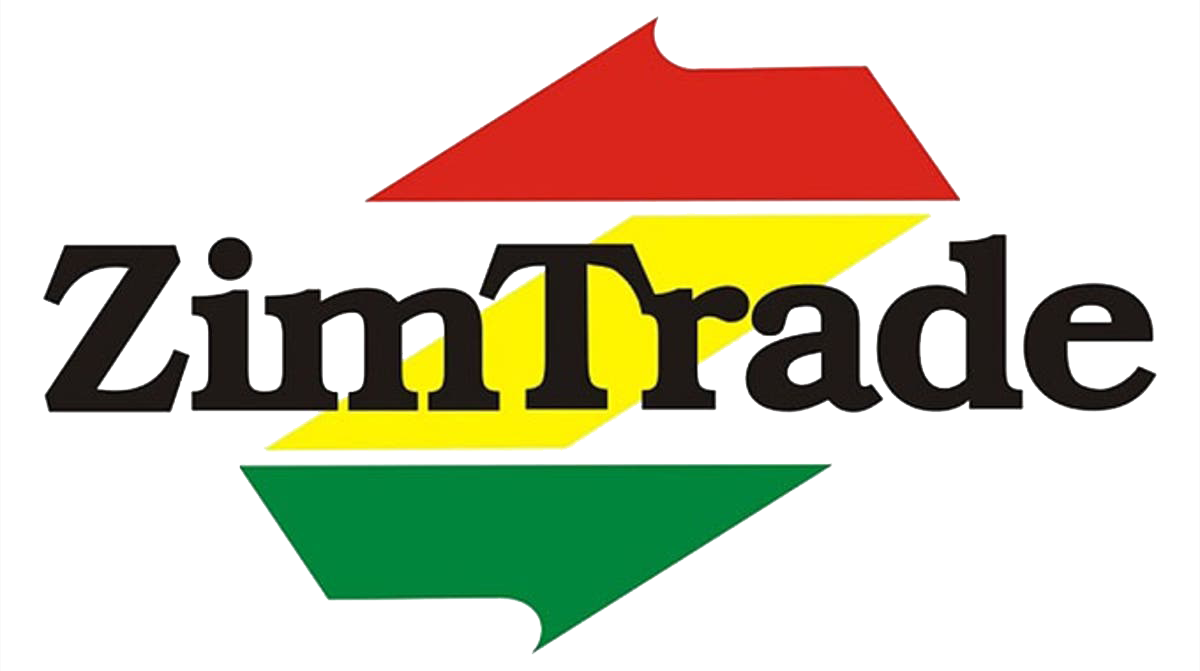Recent data from ZimStat indicate that Zimbabwe had a trade deficit of US$2,3 billion in 2018. As a country, we have lost the export culture that was prevalent in the 1990s where manufacturers were eager to venture into exports and our export basket was dominated by value-added products.
Resultantly, the diversity of the country’s exports both by product and by market has diminished. Current trade statistics show that the country is overly reliant on raw material exports—minerals (54%) and unmanufactured tobacco (21,3%), meaning that we are simply exporting jobs and money to other markets where these are being value added.
Additionally, Zimbabwe’s economy is at risk due to the fact that the greater part of our exports are going to very limited markets. For example, in 2018 the export structure was as follows: South Africa (52%), United Arab Emirates (18%) and Mozambique (10%). This situation leaves us vulnerable to economic shocks in those markets.
It is widely known that exports are the engine or springboard for the growth of our economy but this, in itself, is not enough. A complete mindset shift is an important part of what we need to do in order to improve the country’s trade balance. Companies of all sizes need to understand the importance of exports to the country’s economic turnaround drive and play their role in this.
Globalisation, driven in part by rapid technological advances, has led to the establishment of international supply chains where small and medium enterprises are increasingly playing an important role which cannot be ignored. For example, data from the Organisation for Economic Co-operation and Development (OECD) indicate that in 2016, German companies employing between one and nine people exported US$55 billion worth of goods and services, or 4,3% of the country’s US$1,7 trillion total exports. Similarly, micro enterprises in Canada achieved US$25 billion of exports in 2017, as did those in South Korea.
These countries have advanced infrastructure and information systems to support exporters but underpinning these is a sense among small business owners that their customer base extends far beyond their local markets. They are empowered, informed, and confident in their ability to overcome obstacles and start selling to customers abroad. We need to learn from and adopt this pro-export culture.
To stimulate this change, several issues, listed below, must be addressed:
Short-term thinking
Yes, Zimbabwe is desperately seeking export growth, but desperation is no substitute for long-term planning. We must not only seek quick wins but take steps to ensure that Zimbabwe is a key player in the region and beyond in the medium to long term.
This means investing in medium to long-term projects and skills such as retooling industry, or planting orchards of macadamia, avocados and citrus, for example. Focus that is being put on easing investment processes should also be put on easing the export business. When companies invest, especially in Special Economic Zones, the focus should be more on exports as they can then enjoy the incentives, which include tax holidays when they export at least 70% of their production.
Prioritising
Zimbabwe needs to be known for something. While it is good to be diverse in terms of resources and other endowments, there must also be sectors in which Zimbabwe can take the lead. Tobacco is one sector which the country has built a global reputation in. Lessons from this should be carried into other sectors with potential for the same but with a focus on value addition for us to tap into the Africa and the Middle East markets.
Horticulture is a low hanging fruit but there is need for investment in the certification processes for us to get a premium for our goods as we have good supply windows to the European Union and the Middle East.
As Zimbabwe grows its exports, key considerations include the growth of urban economies, new players such as the Middle East and the growing influence of the BRICS nations among others. We need to reassess our historical competitive advantages, considering technologies that are enabling cheap production in developed countries. We must incorporate digital tools, which have disrupted almost every industry, every step of the way.
Here are some key considerations when inculcating an export culture:
Catch them young. Our curricular at schools and tertiary institutions should inculcate not only an entrepreneurship but an export culture.
Do not fear the unknown. Be willing to operate your business out of where you are comfortable. This takes high levels of ability and courage.
Redefine your competitors and partners. Identify and try to understand your international competition. See if your local competitors might become partners in ensuring consistency as you service international customers.
Develop soft skills. Emotional intelligence, cultural sensitivity, creativity and curiosity are just a few of the many soft skills that are vital to growing a foreign client base.
Develop a global mindset. Production of quality goods that can be consumed both locally and for export without changing them too much.
Use all the tools available to you. Research, marketing, trading, analysis – these things are all done online. Leverage the various trade protocols in place as you identify possible markets. Trade protocols assist in exporting and lower rates and more importantly duty free.
Be patient. Exporting is a long-term game requiring consistency and determination, but as a client base is slowly established there will be no looking back.
If diverse companies adopt and develop an export culture, we can expect a positive change in our exports – an increase in value as a result of diversified and value-added exports. ZimTrade is making continued efforts to inculcate an export culture in Zimbabwe, not only through our day to day interactions, but also through dedicated programming such as;
- The Marketing and Branding for International Competitiveness (MBIC) training programme
- Export awareness seminars and trainings including at learning institutions;
- Provision of consultancy with senior experts from Netherlands and Germany to guide local businesses, and;
- One on one bespoke interventions with our partners and clients
Publish Date: Friday 01 March 2019



